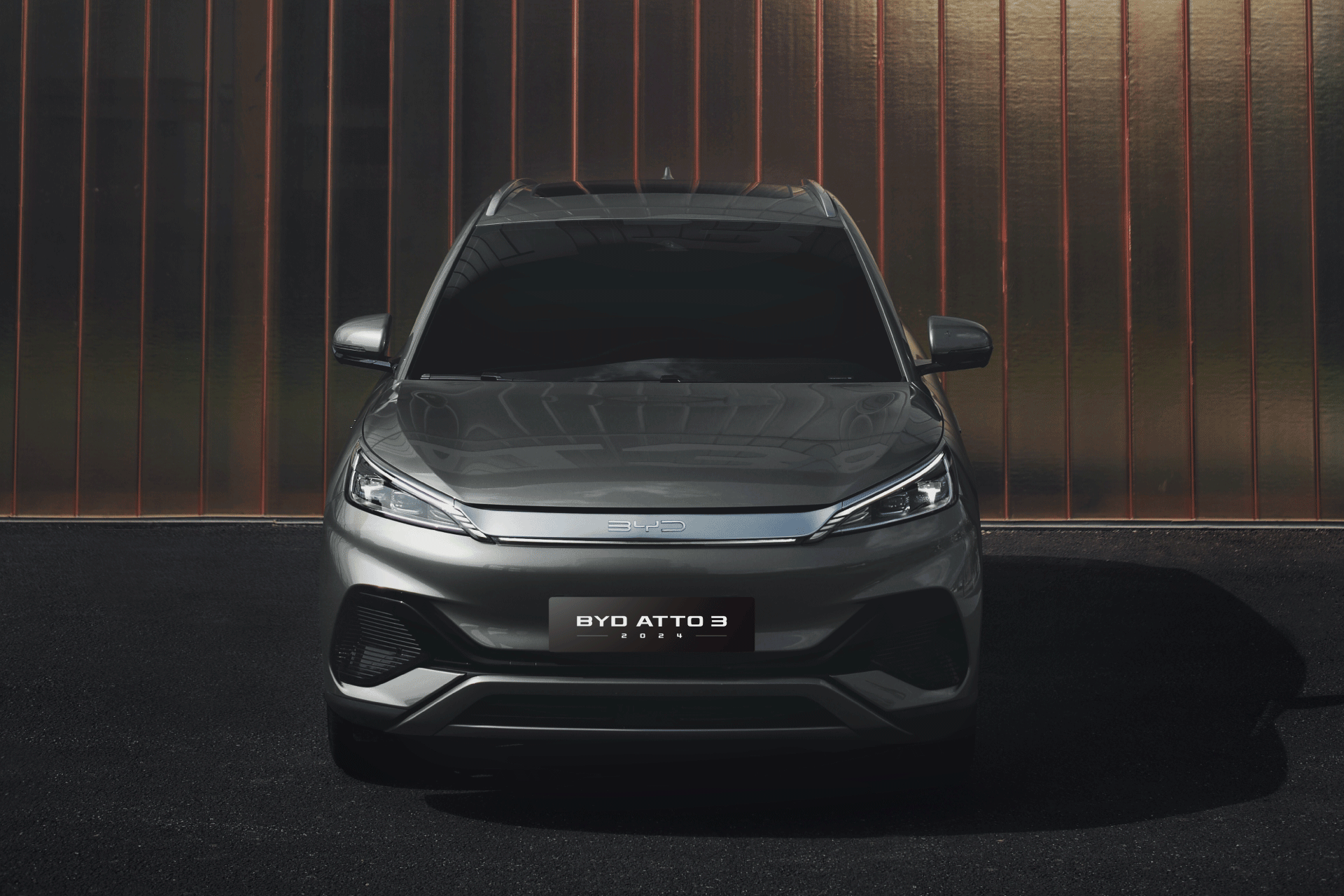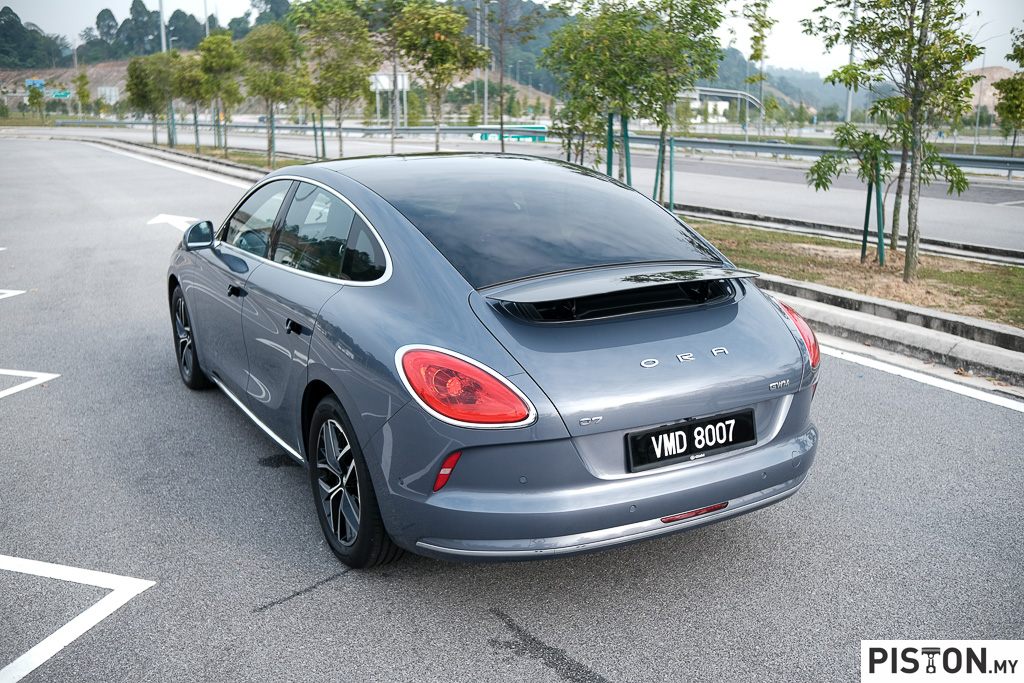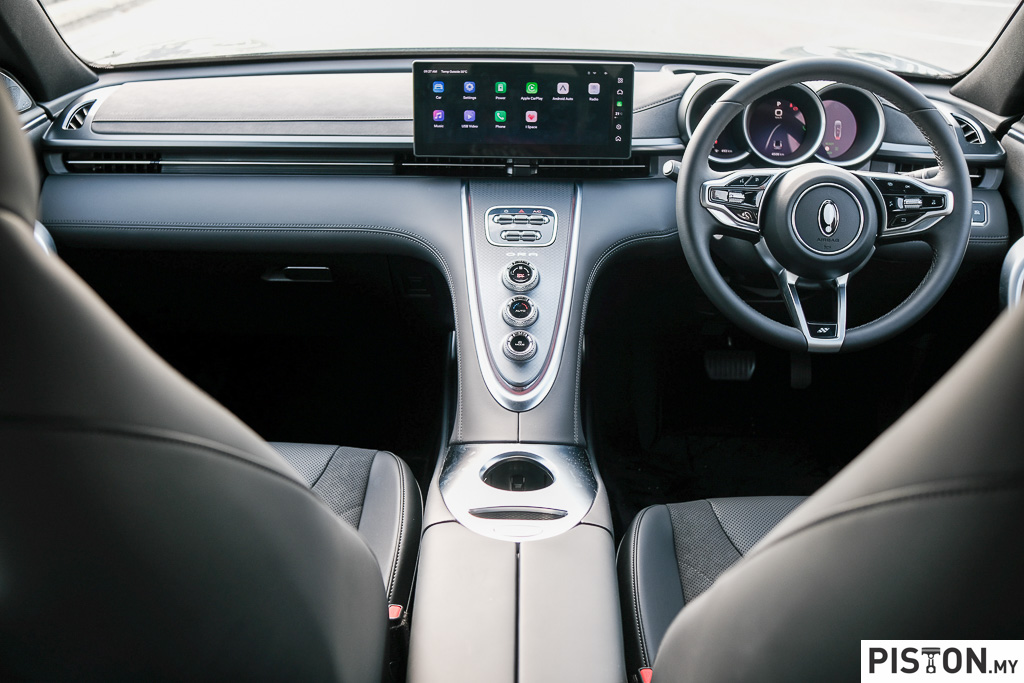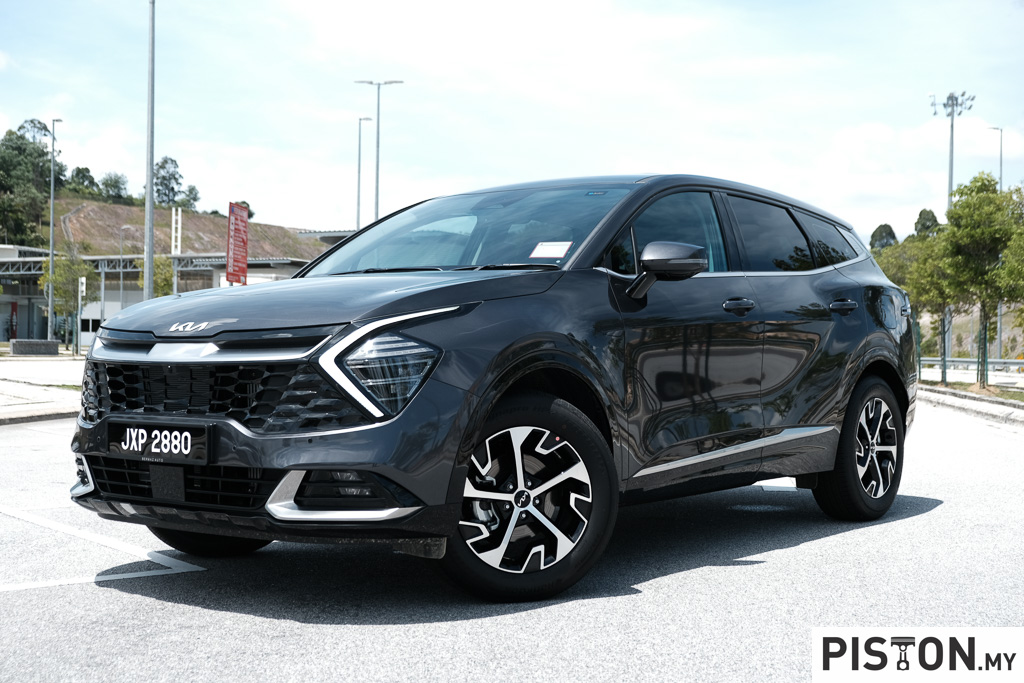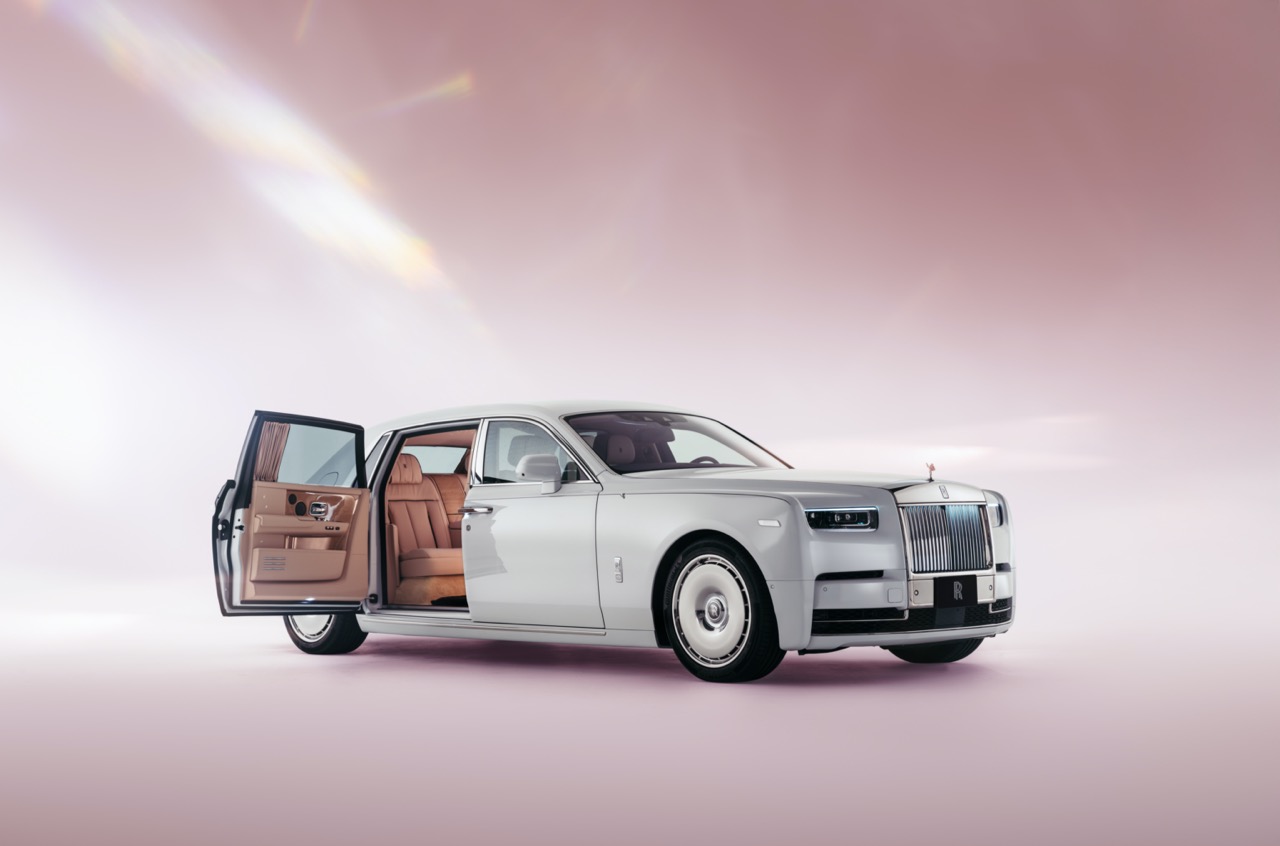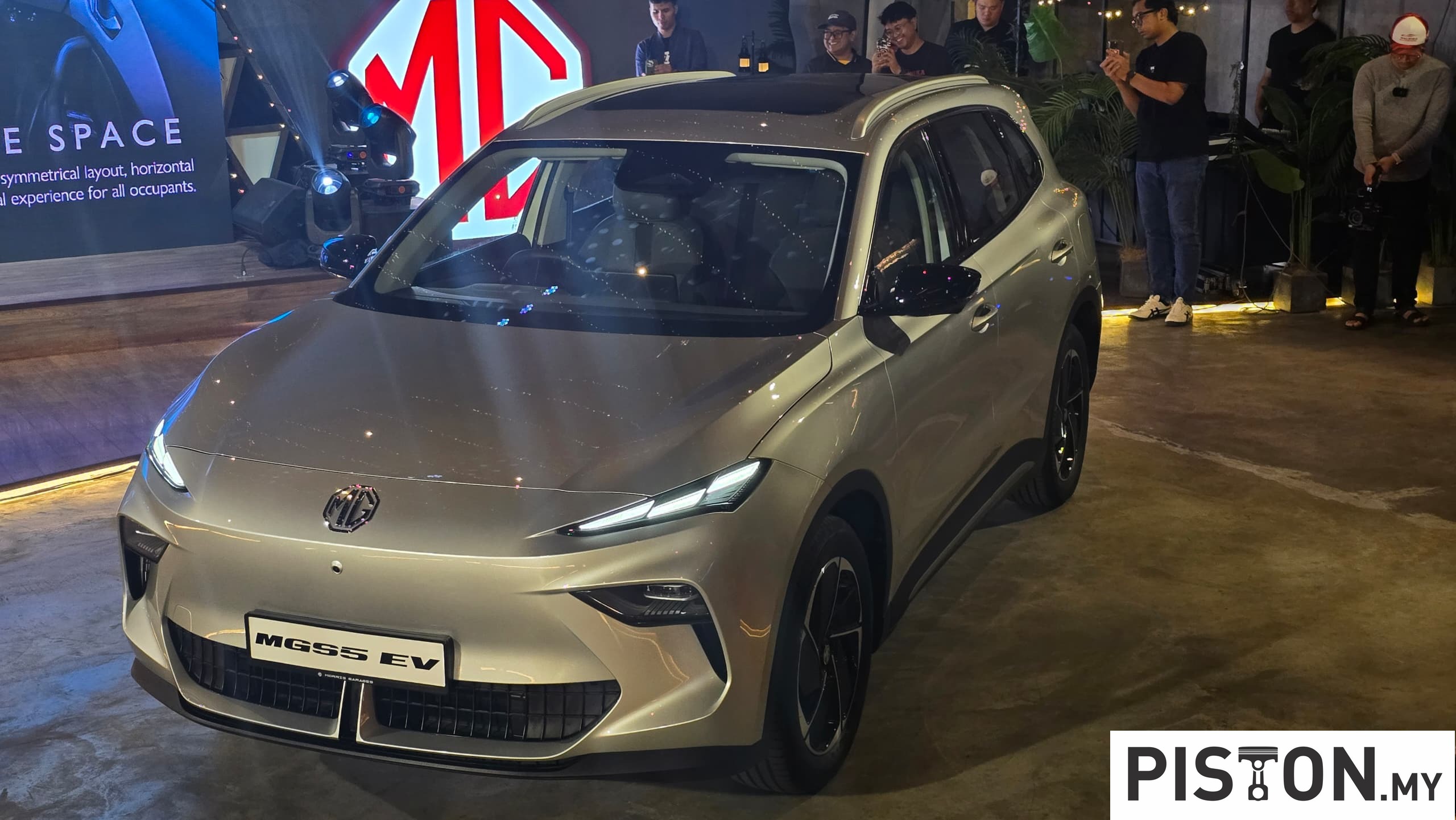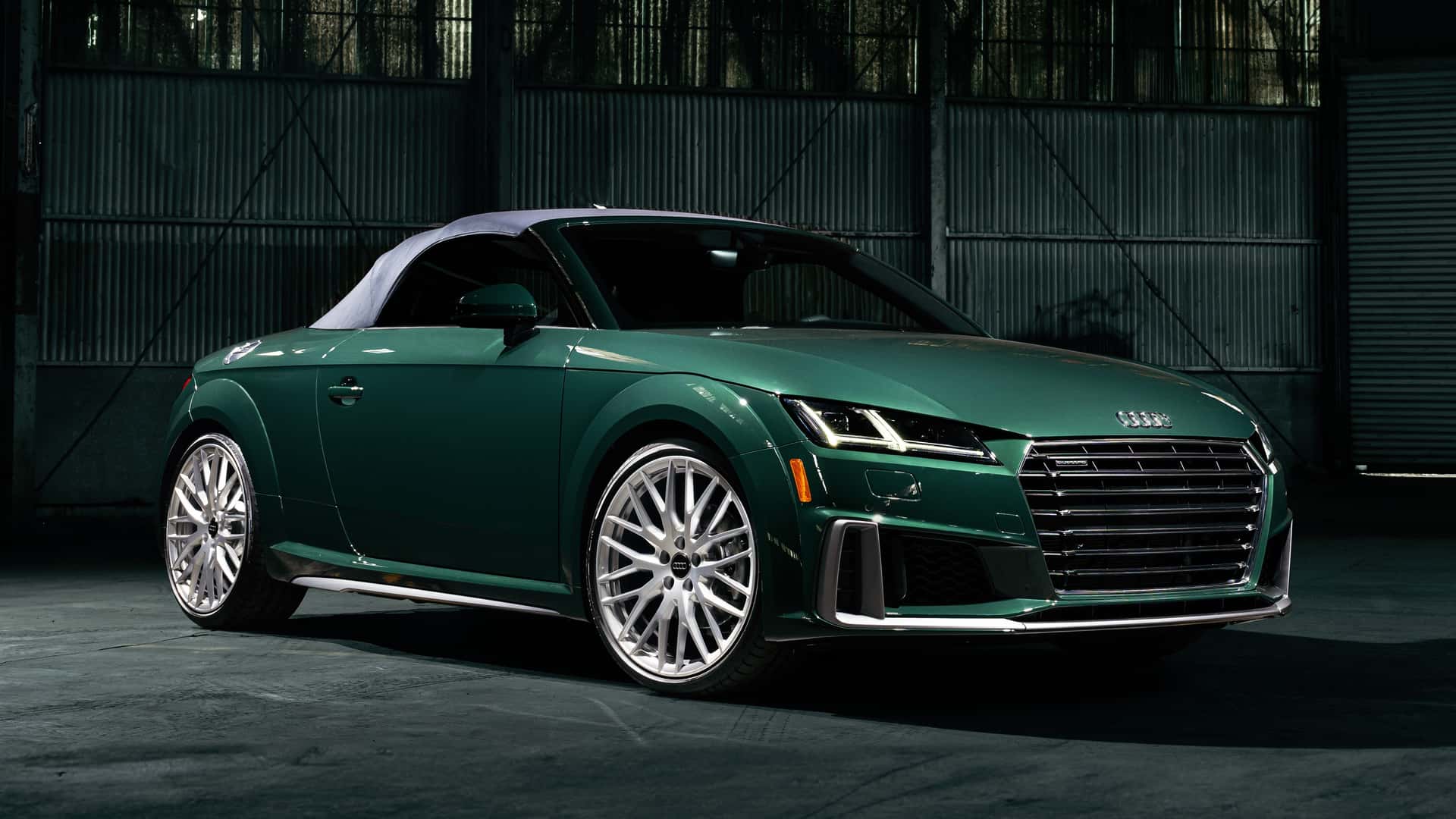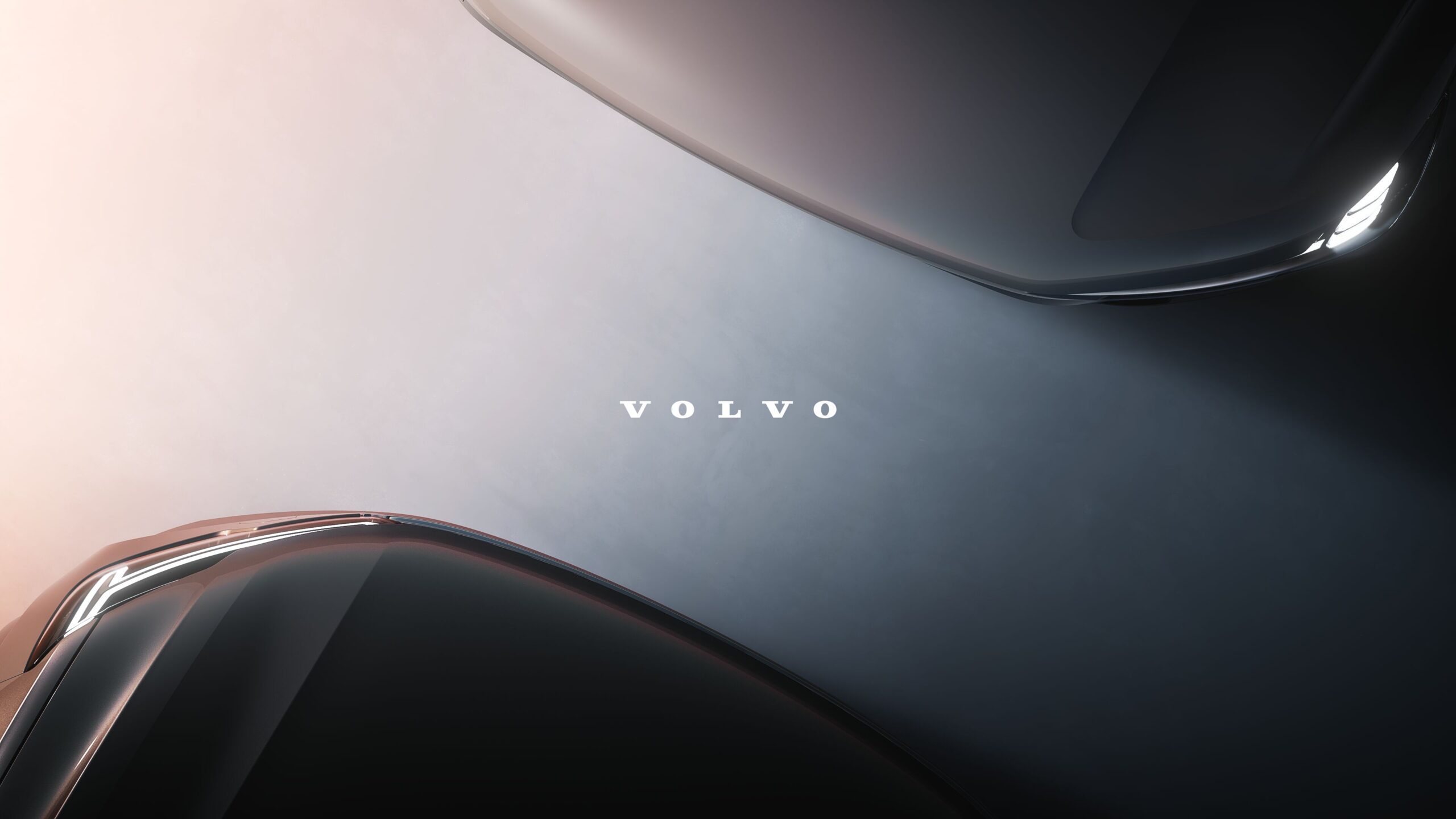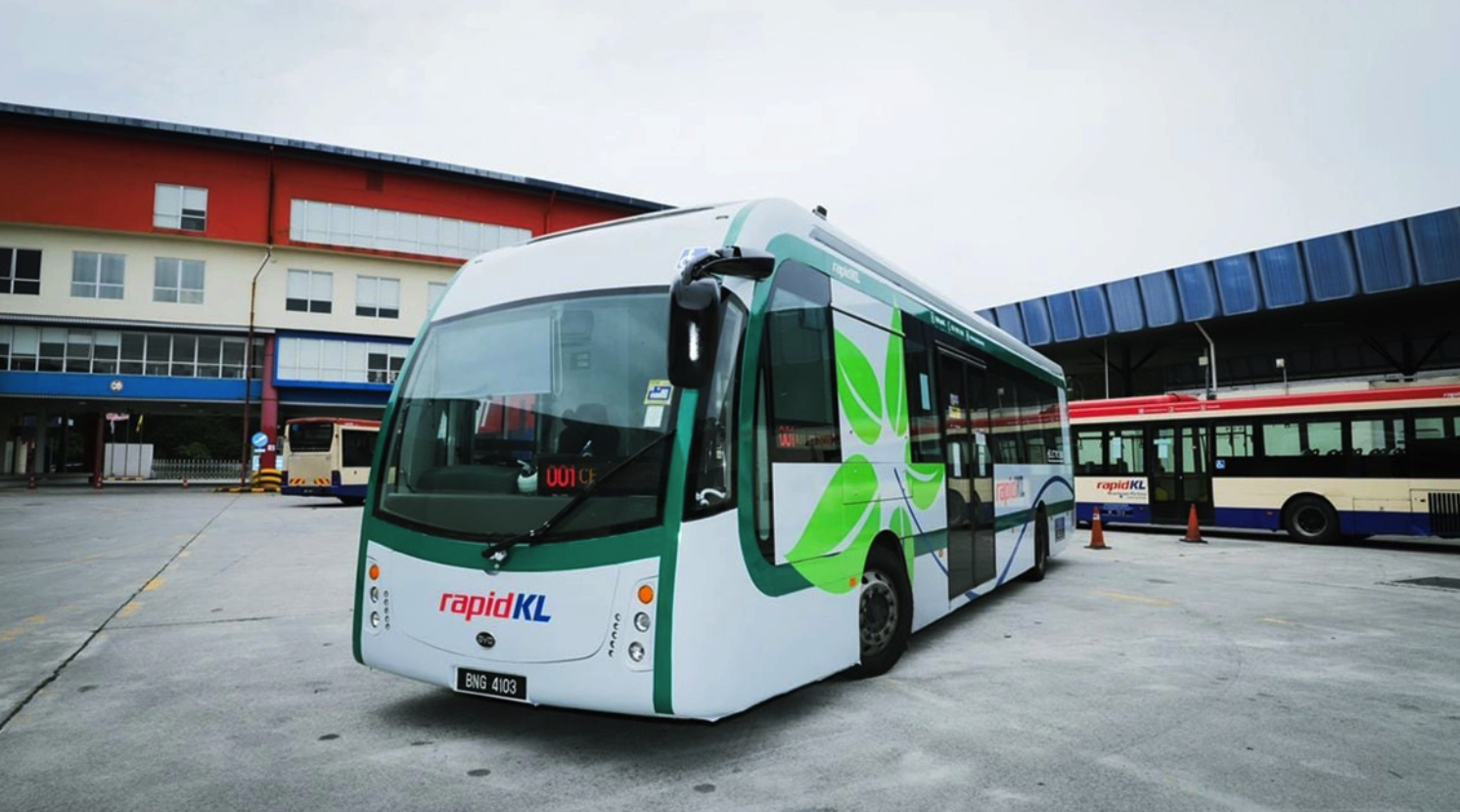Chinese automakers are poised to capture 33% of the global automotive market by 2030, a significant increase from their forecasted 21% market share this year, according to a recent report by AlixPartners, a financial advisory and global consulting firm. This growth will predominantly occur outside China, with sales expected to rise from 3 million this year to 9 million by the end of the decade, increasing their global market share from 3% to 13%.
The rapid expansion of Chinese automakers presents a challenge to legacy automakers and has raised concerns among global politicians. The fear is that more affordable, China-made vehicles will inundate markets, particularly impacting the all-electric vehicle sector.
AlixPartners predicts Chinese brands will expand across all global markets but at a slower pace in Japan and North America. In North America, the stringent vehicle safety standards and a 100% tariff on imported Chinese EVs are expected to limit their market share to 3%, primarily in Mexico, where Chinese brands could represent 20% of vehicles by 2030. In contrast, substantial growth is anticipated in Central and South America, Southeast Asia, and the Middle East and Africa.
Within China, Chinese brands are projected to grow their market share from 59% to 72%, while legacy automakers like General Motors have seen significant declines. In Europe, the market share of Chinese brands is expected to double from 6% to 12% by 2030.
Chinese automakers benefit from cost advantages, localised production strategies, and tech-enabled vehicles that cater to consumer preferences. They are known for developing new products in half the time compared to legacy automakers, largely due to a focus on meeting standards efficiently rather than overengineering. They also have a 35% cost advantage with “Made-in-China” products.
For traditional automakers to remain competitive, they must overhaul their business development processes and accelerate vehicle development timelines, according to AlixPartners. This adaptation is crucial to counter the disruption caused by the swift and efficient approach of Chinese automakers.




